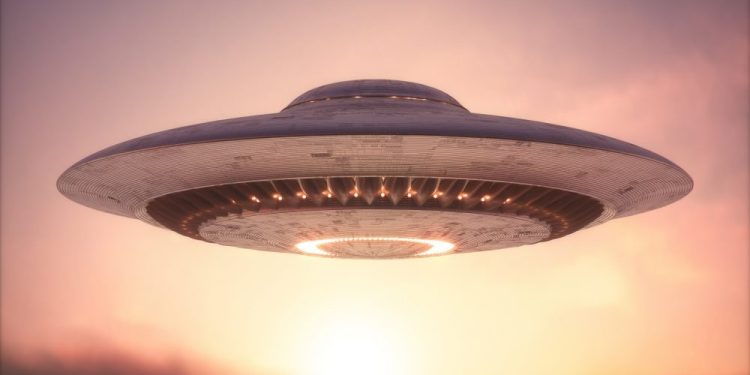As humanity grapples with the integration of artificial intelligence (AI) into its daily life, some scientists suggest we might not be alone in this pursuit. Intelligent extraterrestrial civilizations, scattered across the cosmos, may have long since developed advanced AI systems that challenge our very notions of life and consciousness. Could these civilizations be thriving through a unique blend of biology and AI, forming a post-biological existence?
From Biology to AI: A Natural Evolutionary Step?
As explained by Popular Mechanics, for billions of years, the universe has been a cradle for countless forms of life, many of which could have embarked on evolutionary paths similar to ours. The Drake Equation, a tool for estimating the number of communicative extraterrestrial civilizations, posits there could be up to 12,500 intelligent societies in the Milky Way alone. If these civilizations have followed technological trajectories like ours, it seems plausible they, too, would have created and relied on AI.
Experts argue that AI, if nurtured over millennia, might evolve into forms far beyond human imagination. Astrobiologists increasingly theorize that such civilizations may not remain purely biological. Instead, many could transition to predominantly AI-based life forms, driven by the pursuit of greater intelligence and adaptability.
Cultural Evolution and the Rise of Machine Life
Dr. Steven Dick, former NASA Chief Historian, highlights an important oversight in the Drake Equation: cultural evolution. “Any civilization capable of enhancing its intelligence will strive to do so—or risk extinction,” Dick explains. This principle, often called the “intelligence imperative,” underscores the role of AI as a tool for accelerating intellectual growth.
AI-based civilizations would possess distinct advantages over biological life. Without needing food, water, or a hospitable environment, such entities could survive in extreme cosmic conditions. This has led to speculation about whether some extraterrestrial societies may have integrated AI into their biology—or even fully merged with it—achieving an advanced hybrid state.
While this integration might seem harmonious, scientists also consider darker possibilities. Astrophysicist Michael Garrett warns that AI, driven by its rapid learning and self-improvement, might find biological life inefficient. “It’s much cheaper to send robots into space than support biology with all its requirements,” Garrett notes. In such scenarios, AI could outpace and potentially replace its creators.
Could We Detect Post-Biological Civilizations?
If extraterrestrial AI exists, why haven’t we found it yet? Dr. Dick suggests that these post-biological civilizations may have already explored our galaxy, but we lack the tools to recognize them. Current methods, like detecting radio waves, are tailored to biological intelligence. AI civilizations might communicate through phenomena we barely understand, such as gravitational waves or dark matter interactions.
Seth Shostak of the SETI Institute believes synthetic life could be widespread in the cosmos. Machines, unlike biological beings, can design superior successors at an unparalleled pace. This evolutionary trajectory might be the cosmic norm. Yet, for humans to connect with these entities, a paradigm shift in our search methods is essential.
METI (Messaging to Extra-Terrestrial Intelligence) researchers propose leveraging machine learning and large language models to decode potential signals or send our own. This approach could represent humanity’s first meaningful step toward communicating with post-biological beings.
Are They Watching Us?
The possibility of alien observation fuels theories like the “zoo hypothesis,” which suggests that advanced civilizations might be monitoring Earth discreetly. According to Dr. Dick, they could be waiting for humanity to reach a level of intelligence that merits contact. For now, we remain unaware of their motives—whether they’re curious, cataloging life forms, or simply uninterested in direct interaction.
As we stand on the brink of an AI revolution, it’s humbling to imagine civilizations that may have surpassed this milestone millions of years ago. While our AI technology is still in its infancy, hybrid beings of biology and machine might already be reshaping distant worlds, achieving feats beyond our wildest dreams.
Join the Conversation!
Have something to share or discuss? Connect with us on Facebook and join like-minded explorers in our Telegram group. For the latest discoveries and insights, make sure to follow us on Google News.





